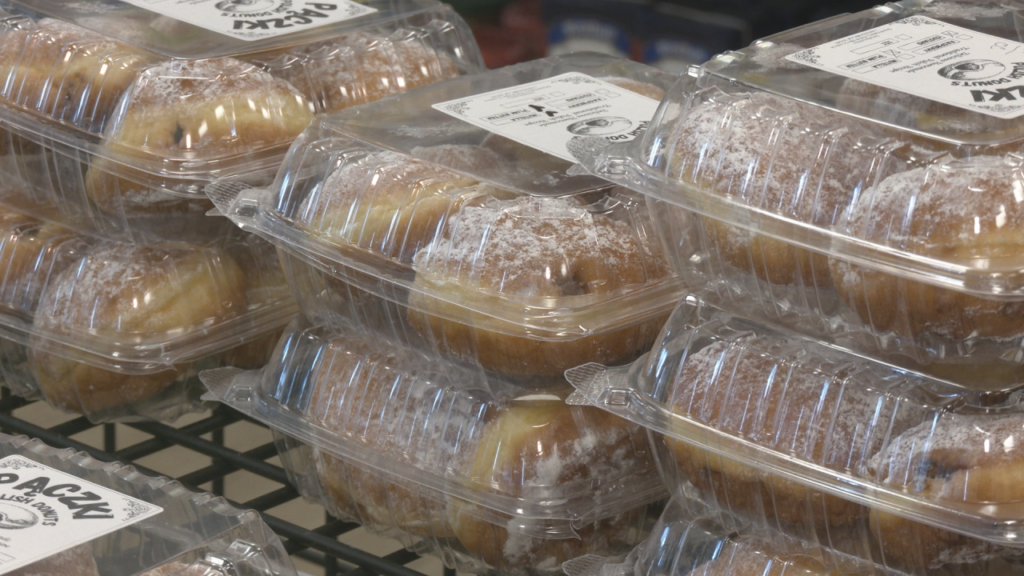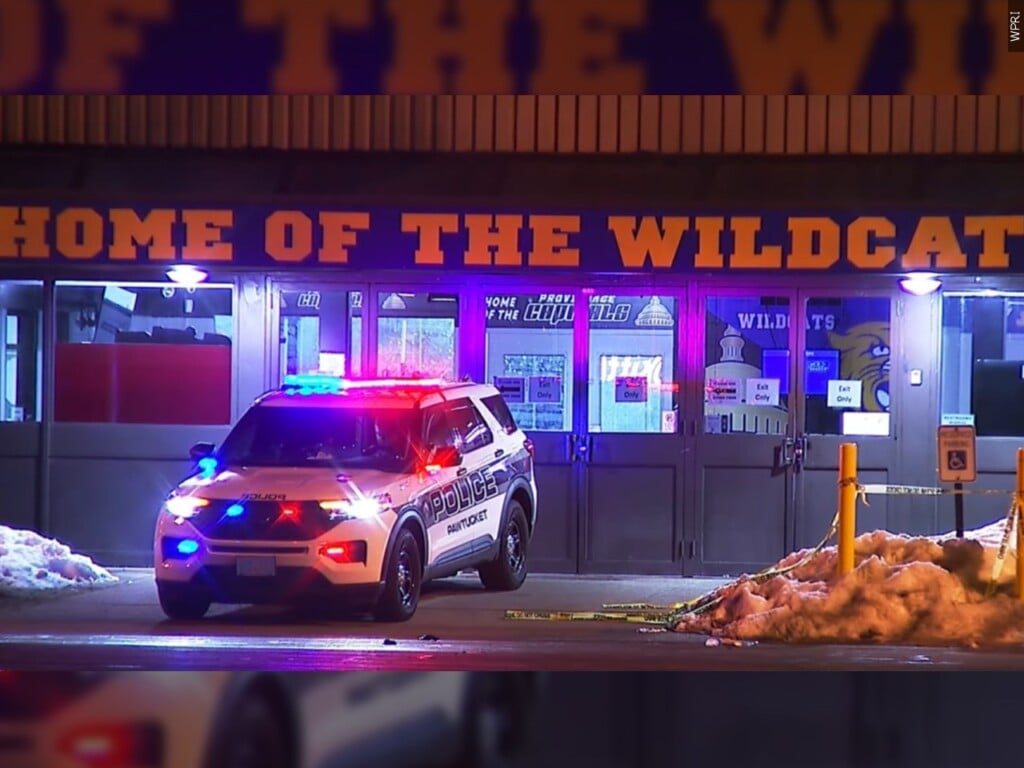UNCW helps discover balloon ingestion as cause of death for washed up whale calf
WILMINGTON, NC (WWAY) — A whale recently discovered washed up on a beach in Emerald Isle died from ingesting a balloon, according to a study.
UNCW’s Marine Mammal Stranding Team Collaborated with NC State and Others to Study Gervais’ Beaked Whale’s Cause of Death.
Beachgoers first reported seeing the animal live in the shallow waters, an unusual sighting of the Gervais’ beaked whale because this species normally lives several hundred miles offshore on the continental shelf edge and beyond.
According to Dr. Michael Tift, an Assistant Professor in the UNCW Department of Biology and Marine Biology and Director of the UNCW Marine Mammal Stranding Program, approximately 125 marine mammals strand on North Carolina’s beaches each year, including whales, dolphins, porpoises, seals and manatees.
“There are many reasons that these marine mammals will strand on beaches, but we really never know the cause until we conduct an investigation,” Tift said. “A few reasons that can cause these animals to strand on our beaches include diseases, wounds from other animals, ship or boat strikes, entanglement in fishing gear, and ingestion of human-manufactured products such as plastic. Unfortunately, it is common for us to identify plastic ingestion as the cause of death in these rare deep-diving marine mammals.”
A team from the NC Marine Mammal Stranding Network, a statewide collective of dedicated scientists and volunteers led by Vicky Thayer, responded and confirmed the animal was a 10’ 9” (329 cm) long female calf and had died.
The investigation revealed milk in the stomach, indicating the whale was a nursing calf. Scientists also discovered a crumpled-up plastic balloon that was obstructing the gastrointestinal tract, revealing the whale’s cause of death.
“Ingestion of these balloons can cause pain, suffering and ultimately the death of many wild animals,” said Tift, speaking as a scientific researcher. “It is terribly similar to the ingestion or encounter with plastic straws and other plastic products many have seen cause injury or death in sea turtles and sea birds. I have seen Mylar balloons in some of the most remote places on the planet and have witnessed their devastating effects on wildlife. I encourage lawmakers to consider banning these products.”
Tift and other members from the NC Marine Mammal Stranding Network encourage consumers to consider using biodegradable alternatives such as paper decorations, flowers, or candles instead of balloons to celebrate important life events or to honor loved ones. Deflating balloons and removing all gases prior to discarding them can also help.




